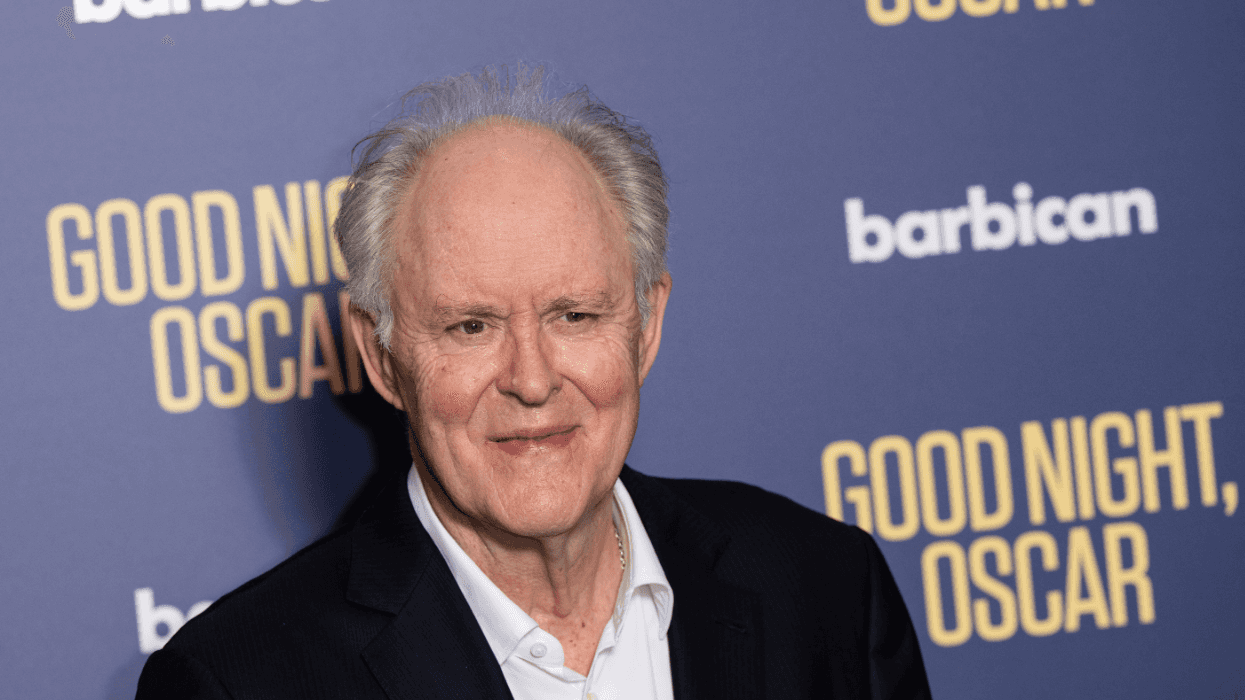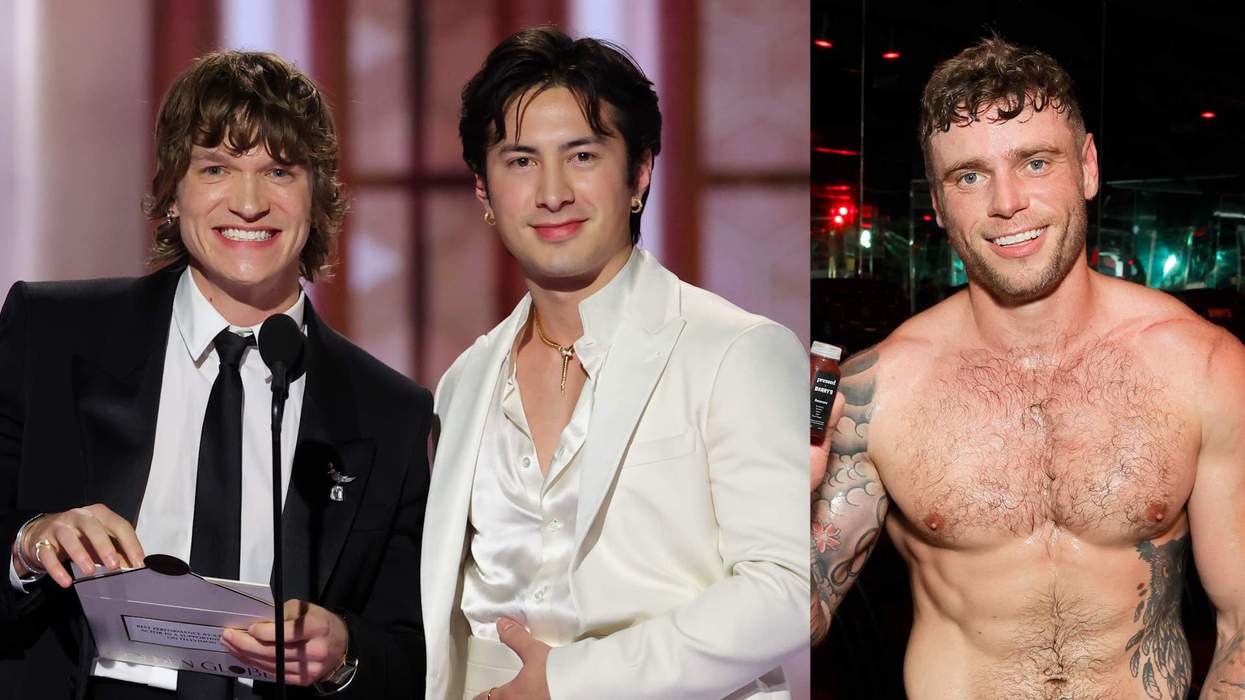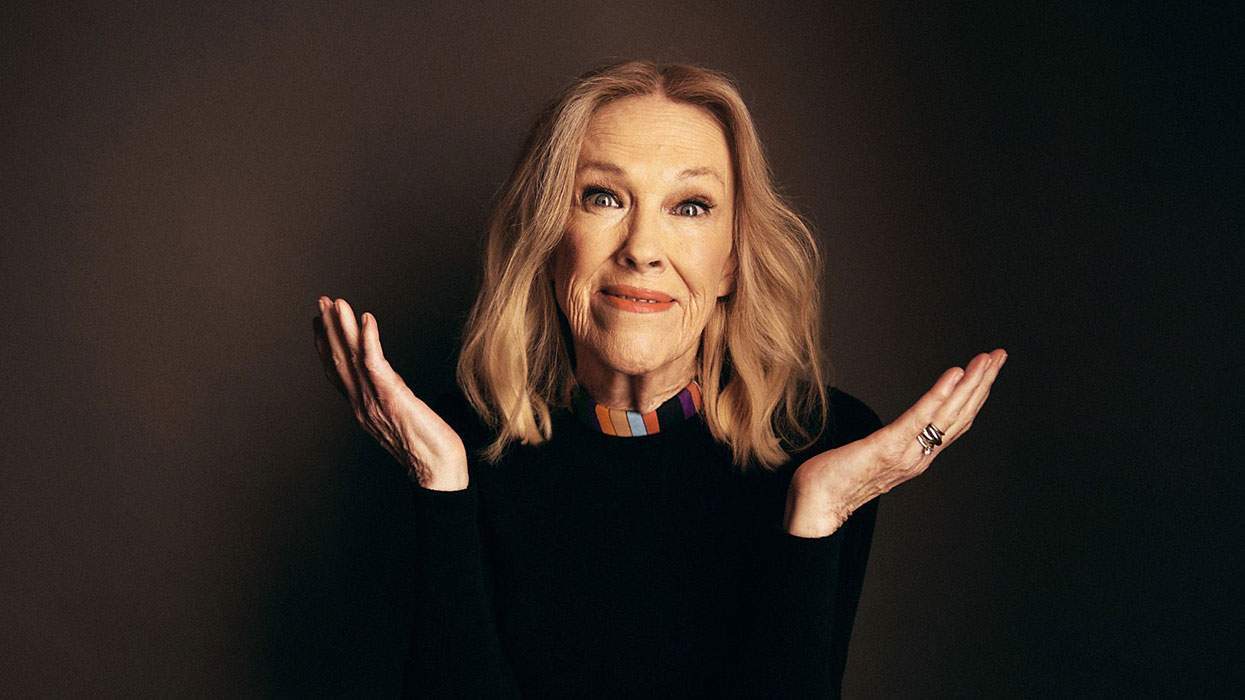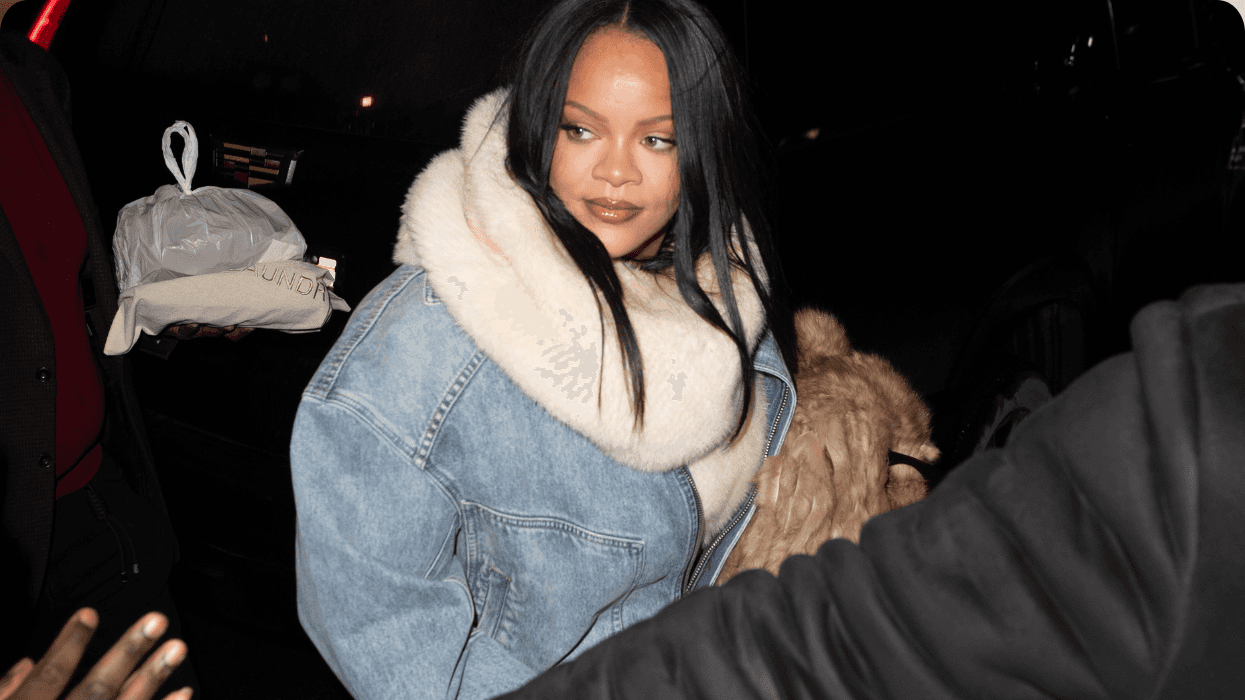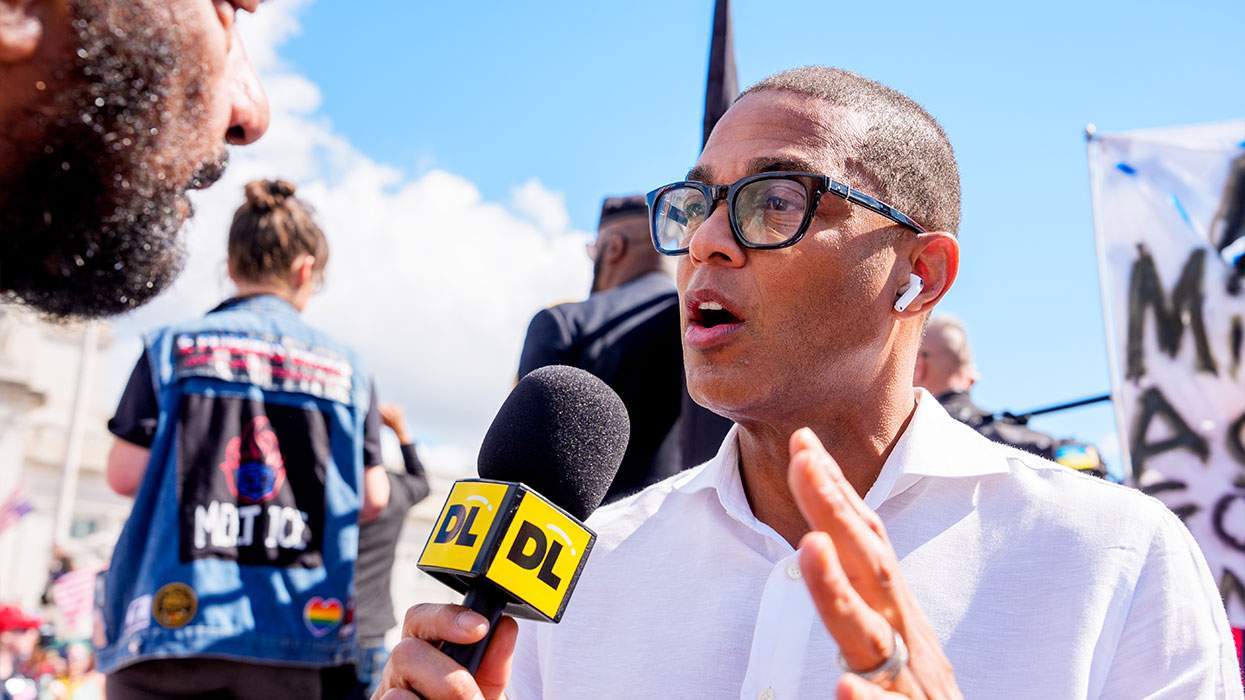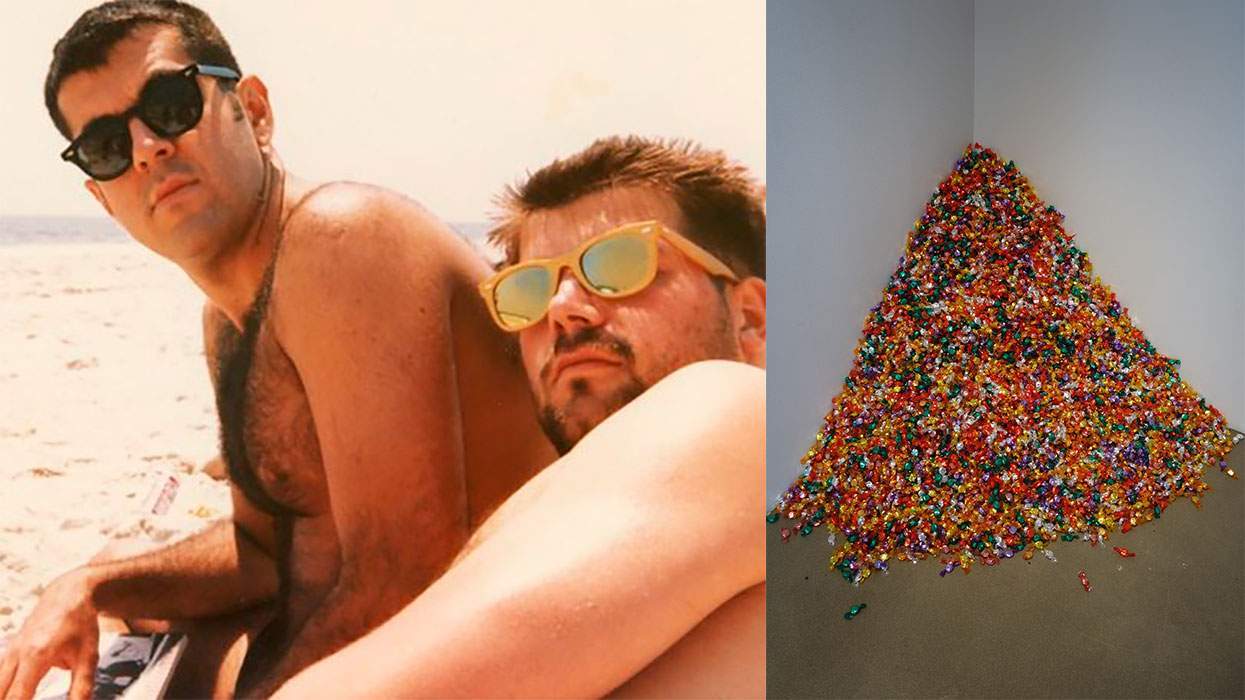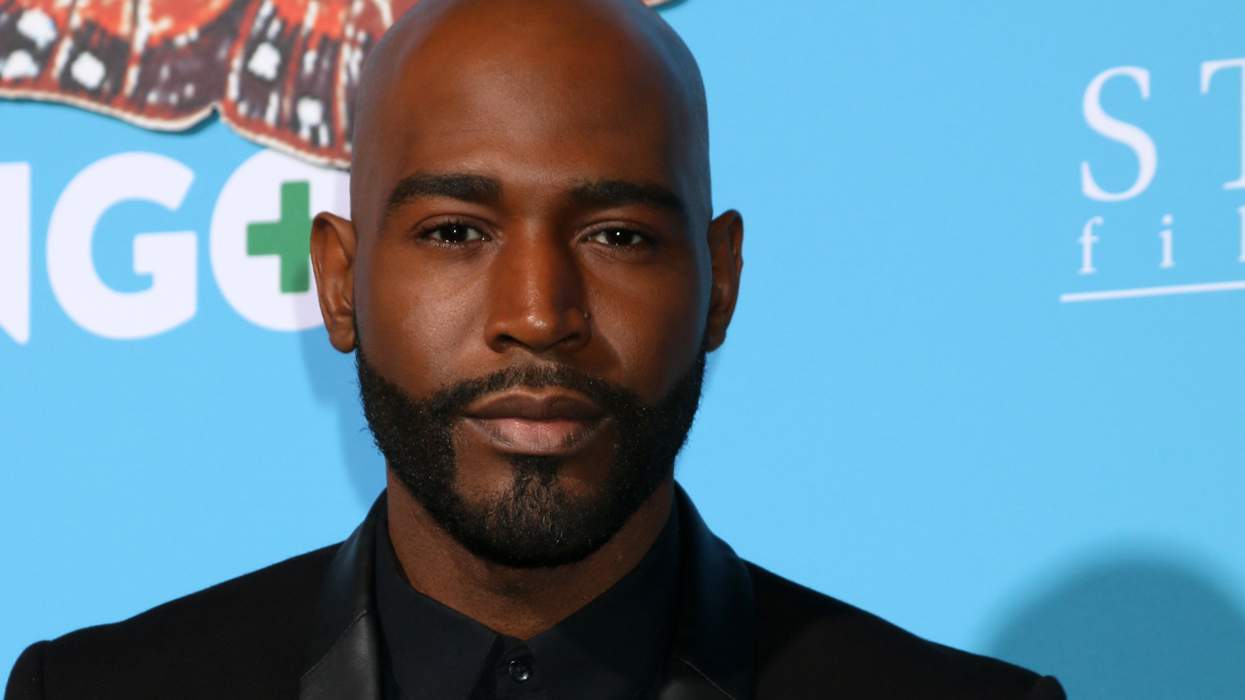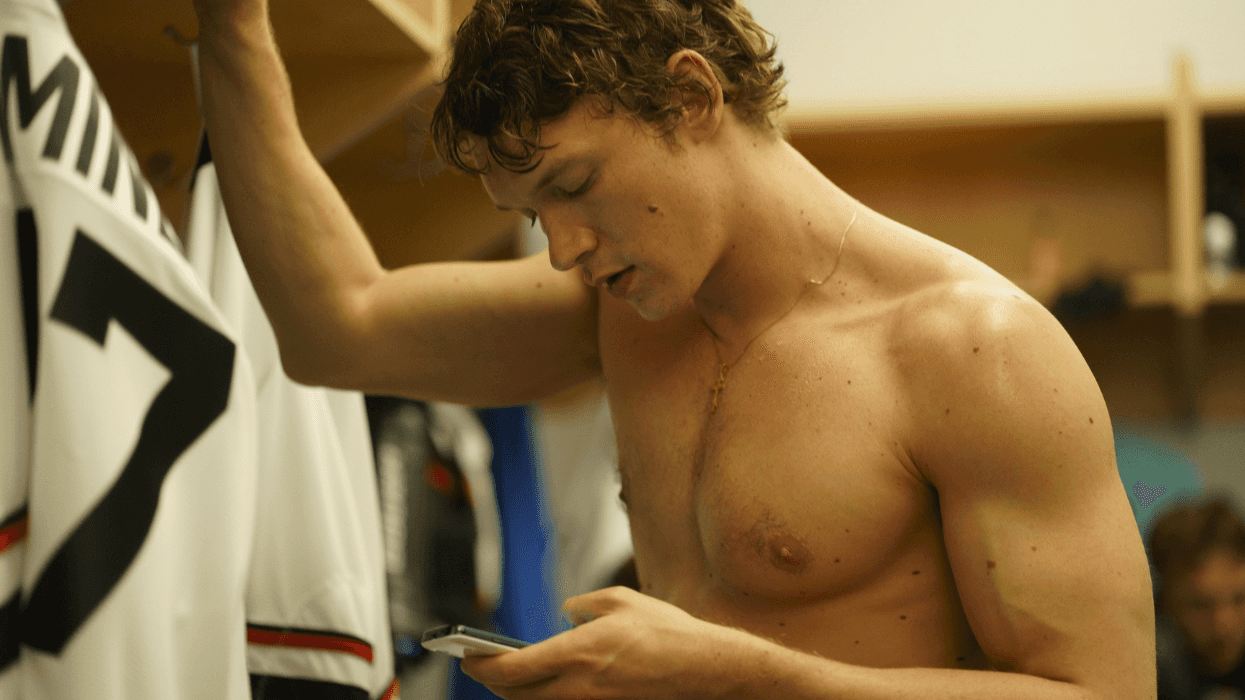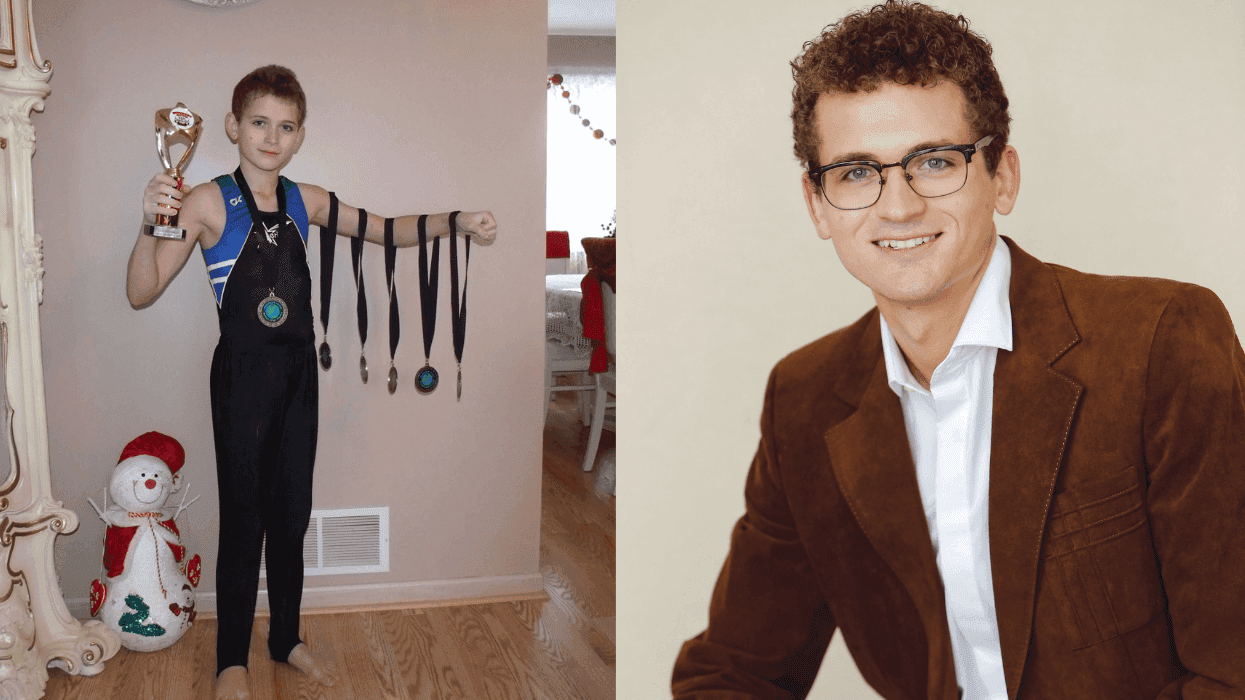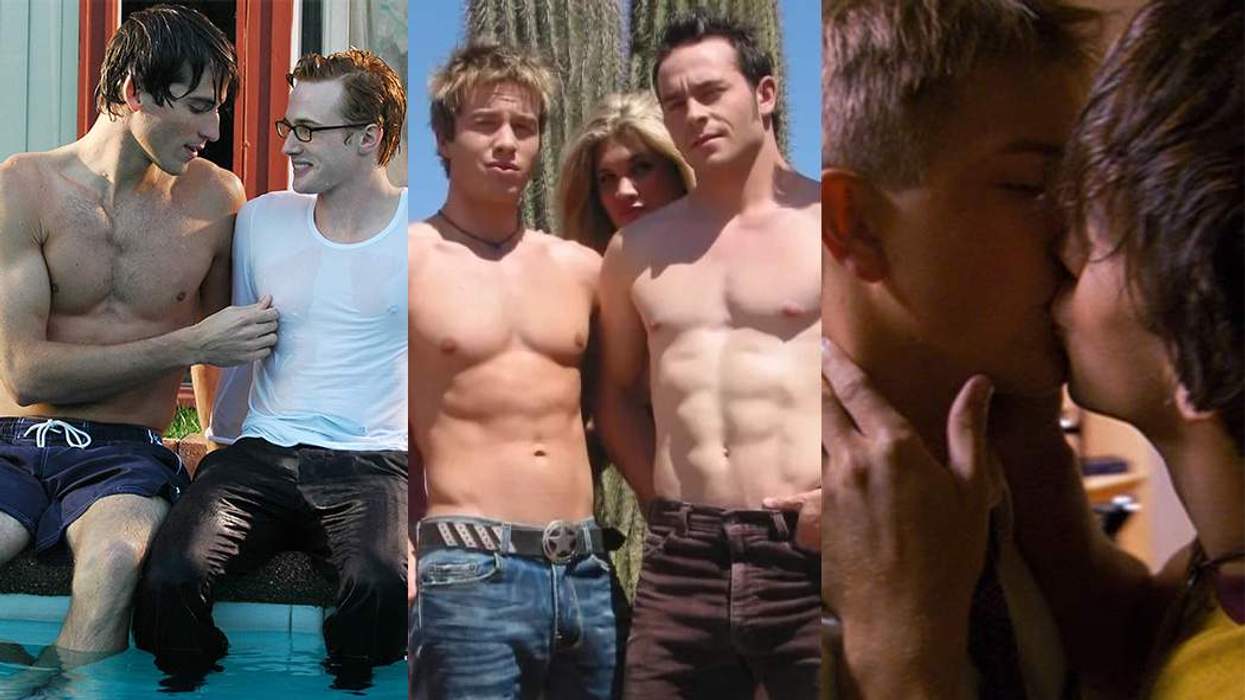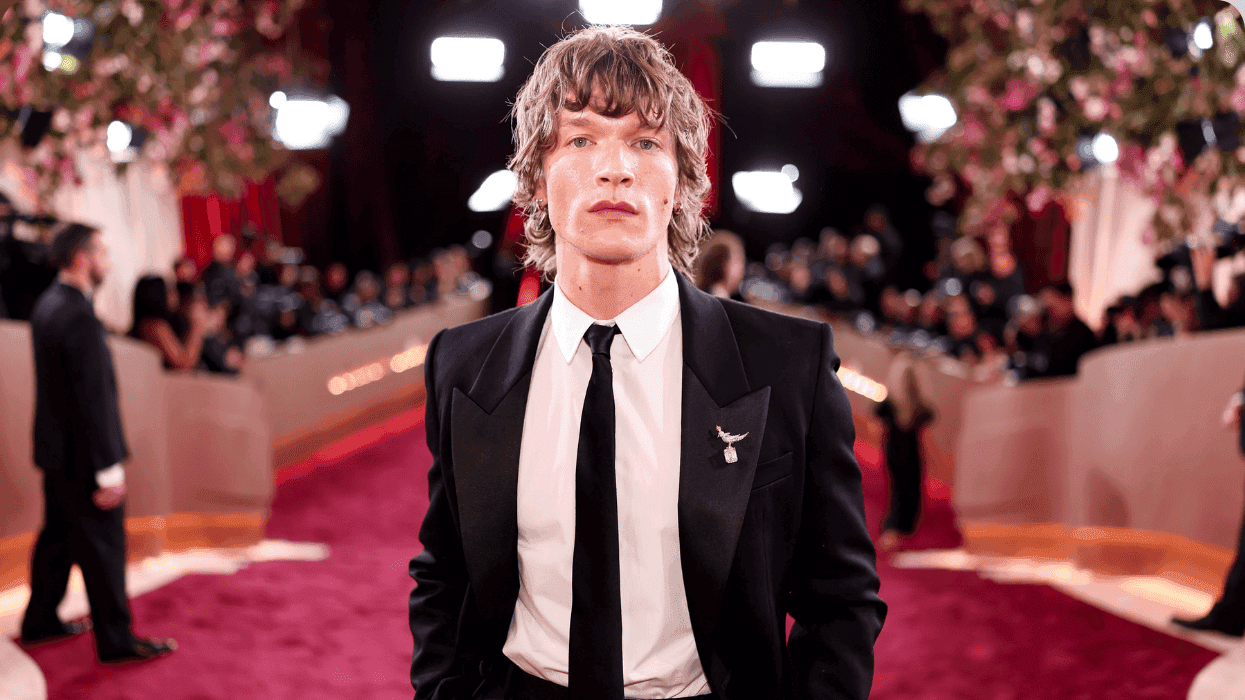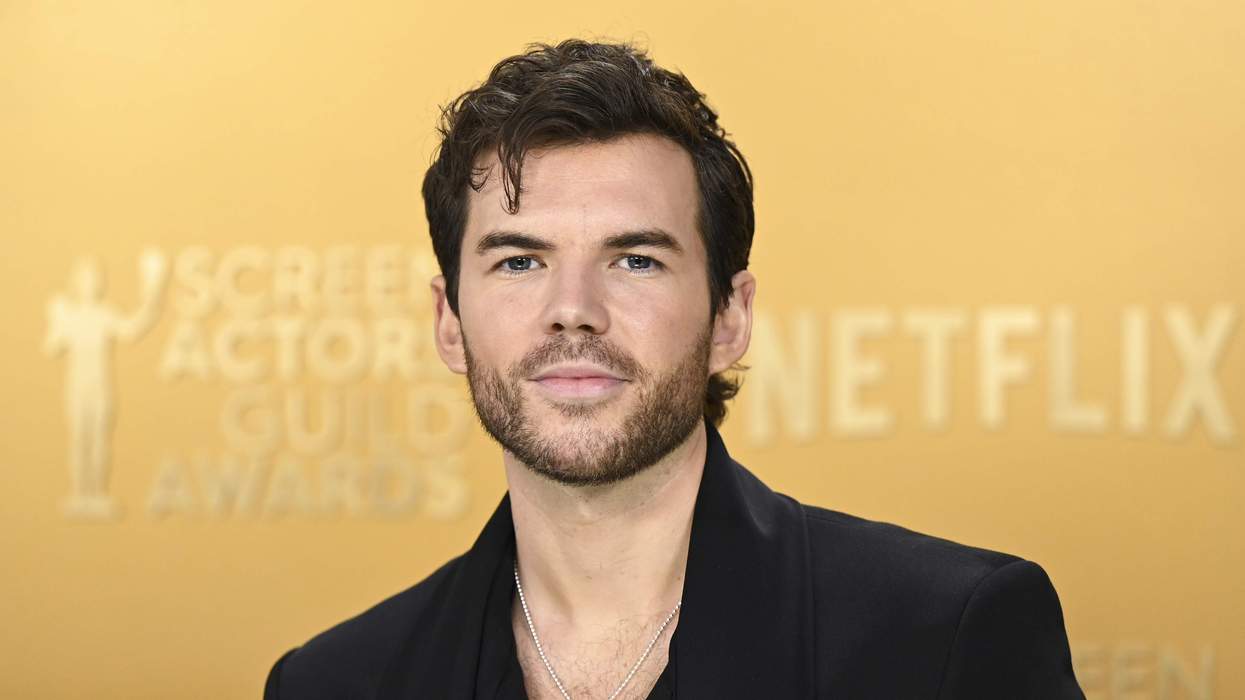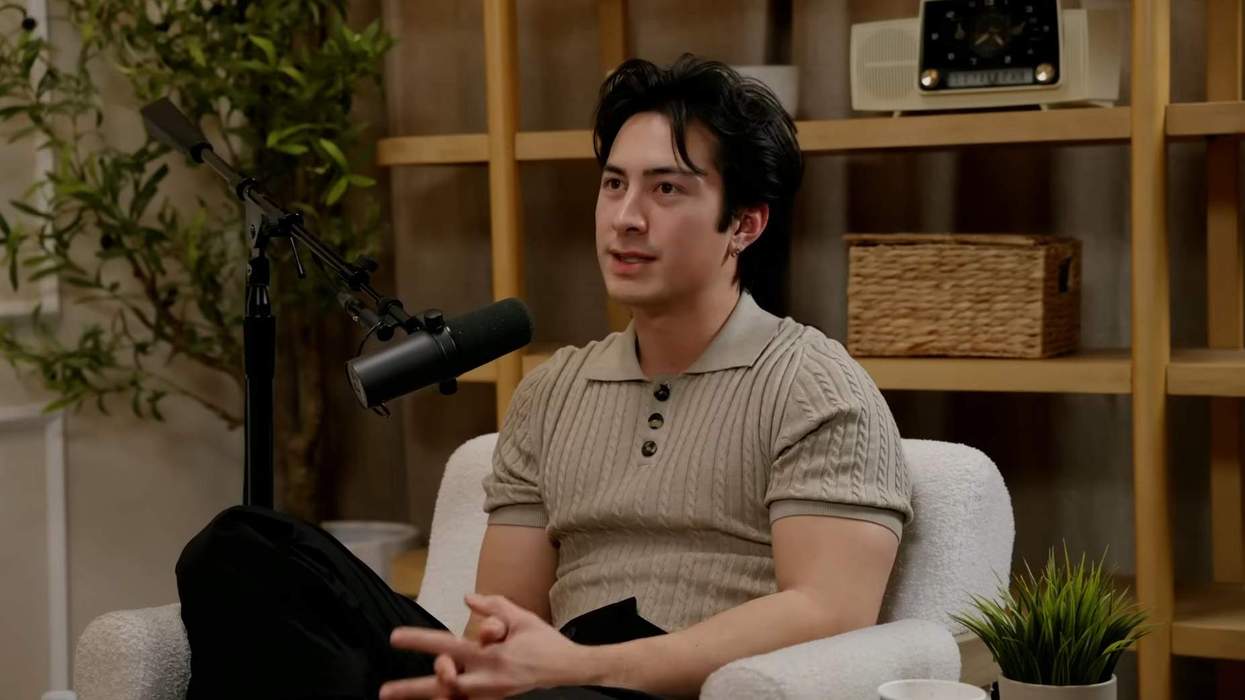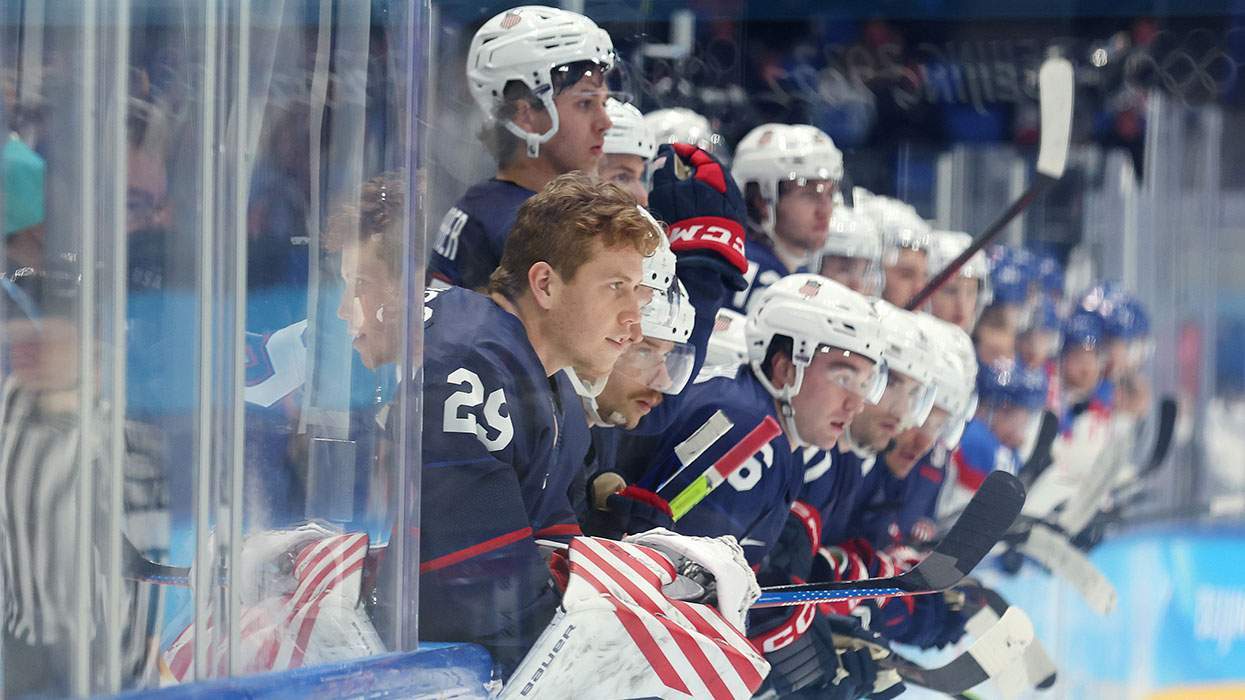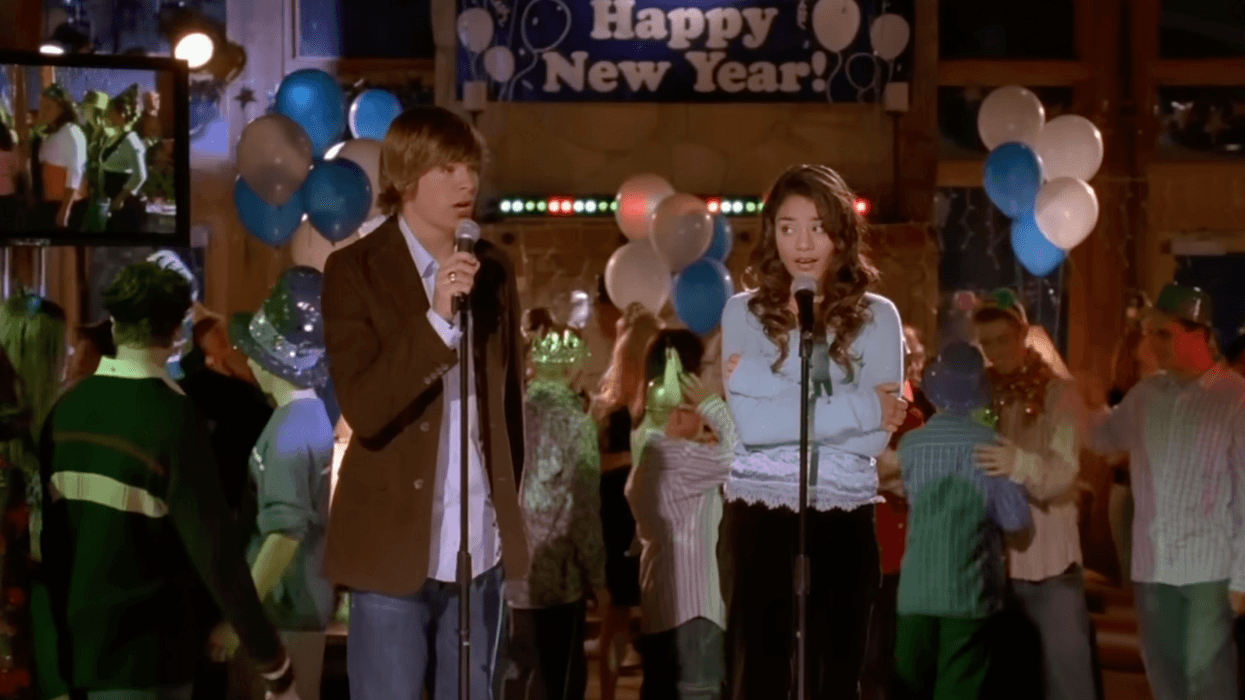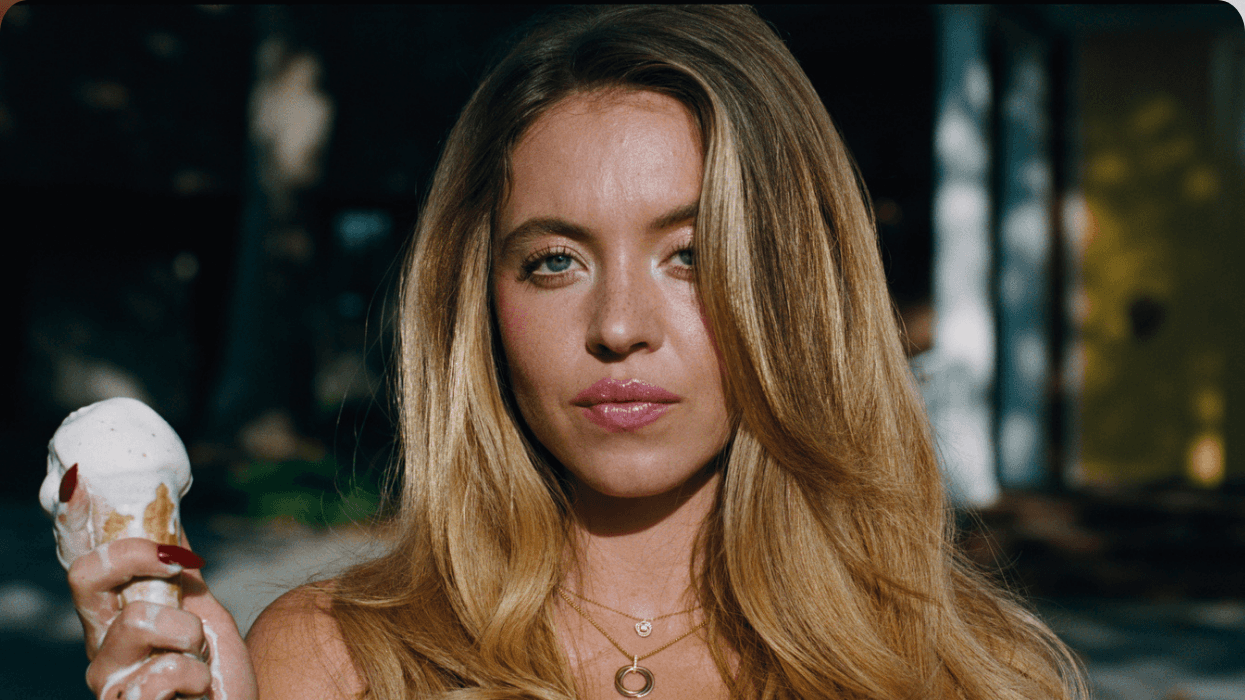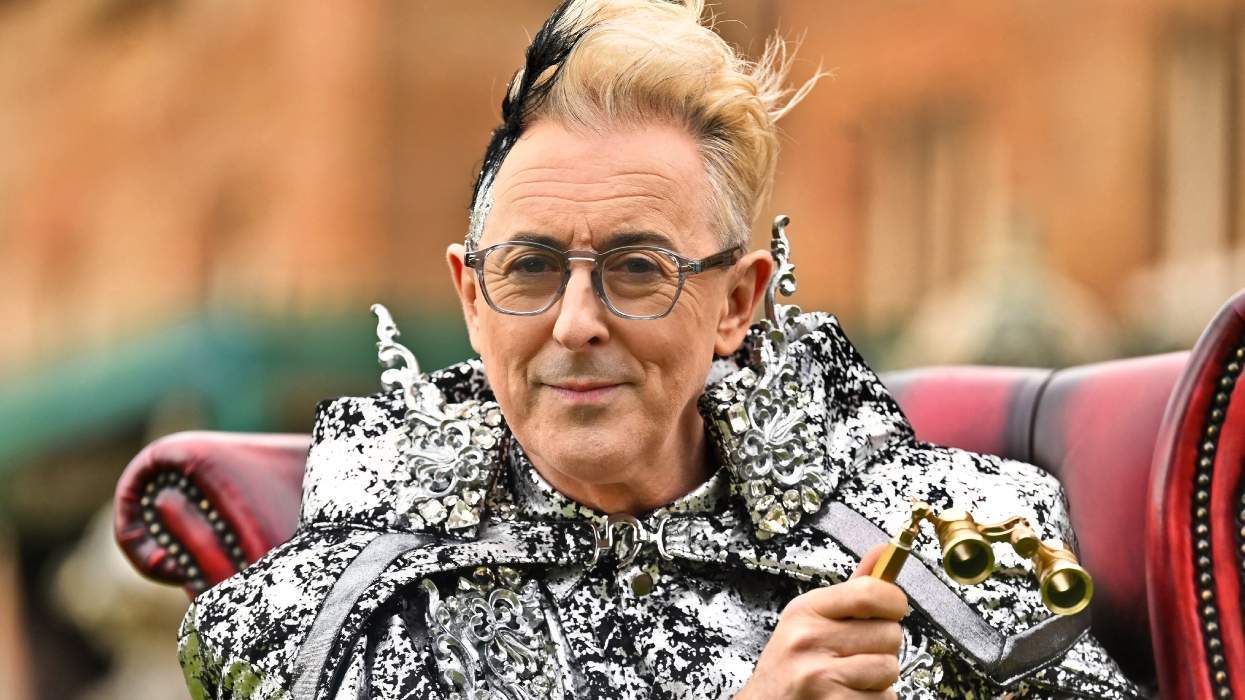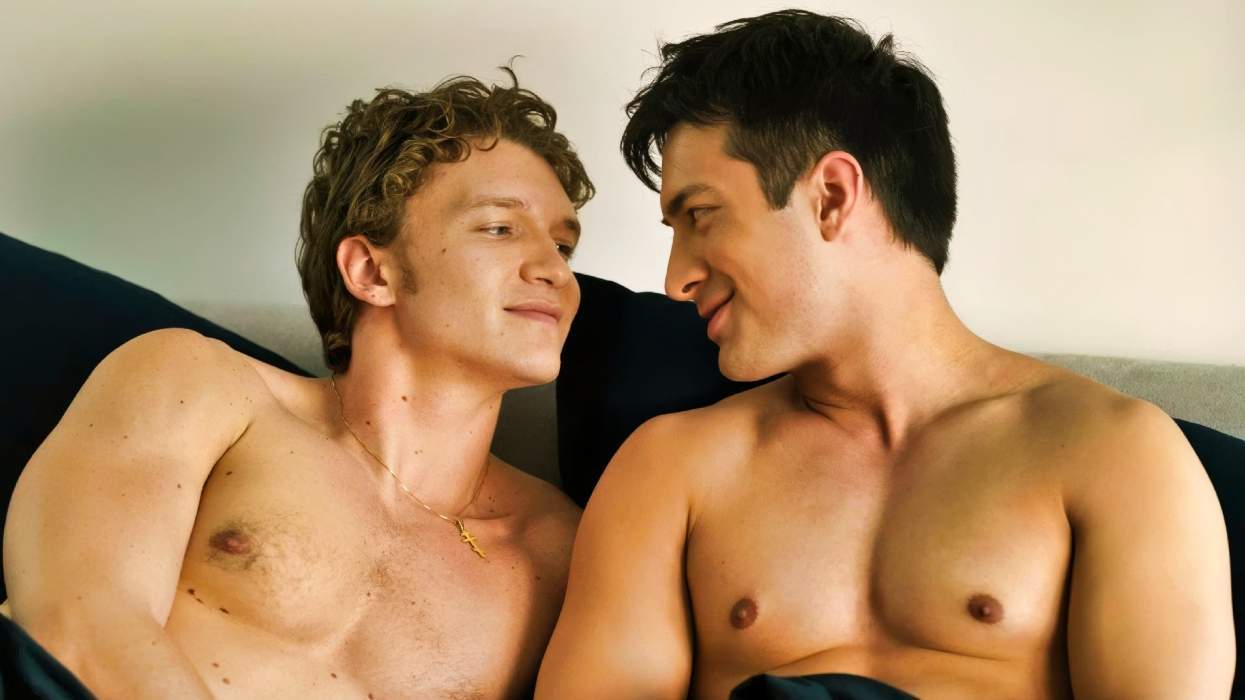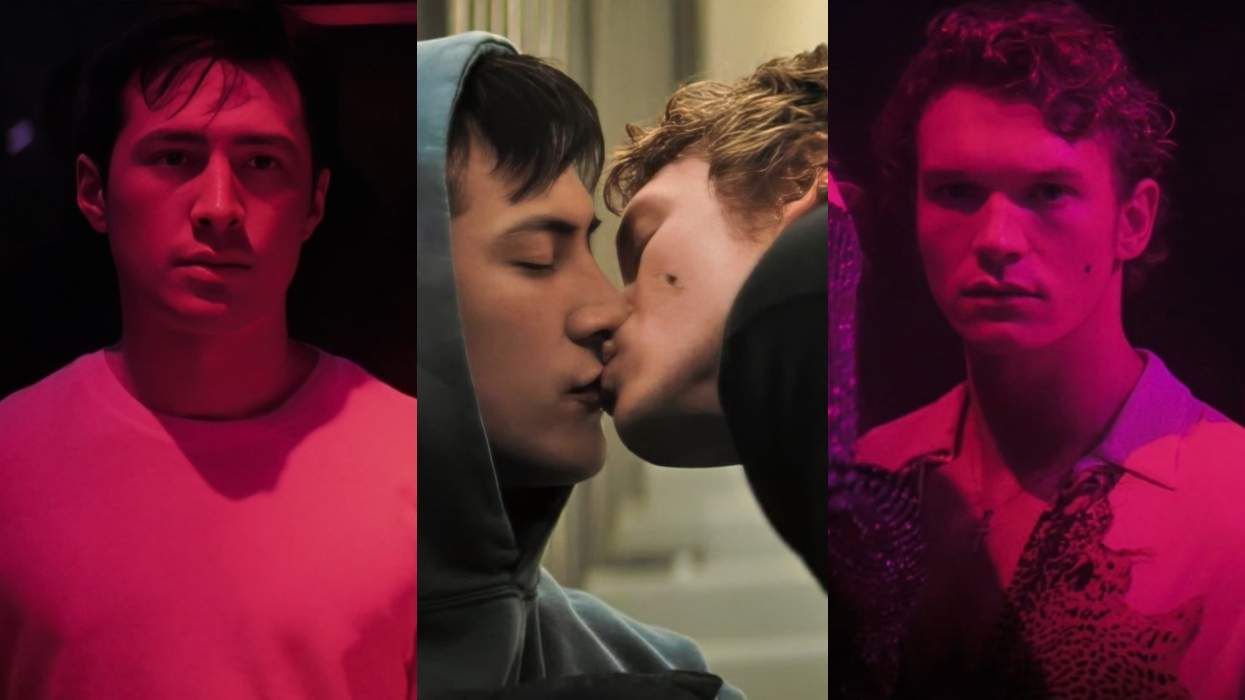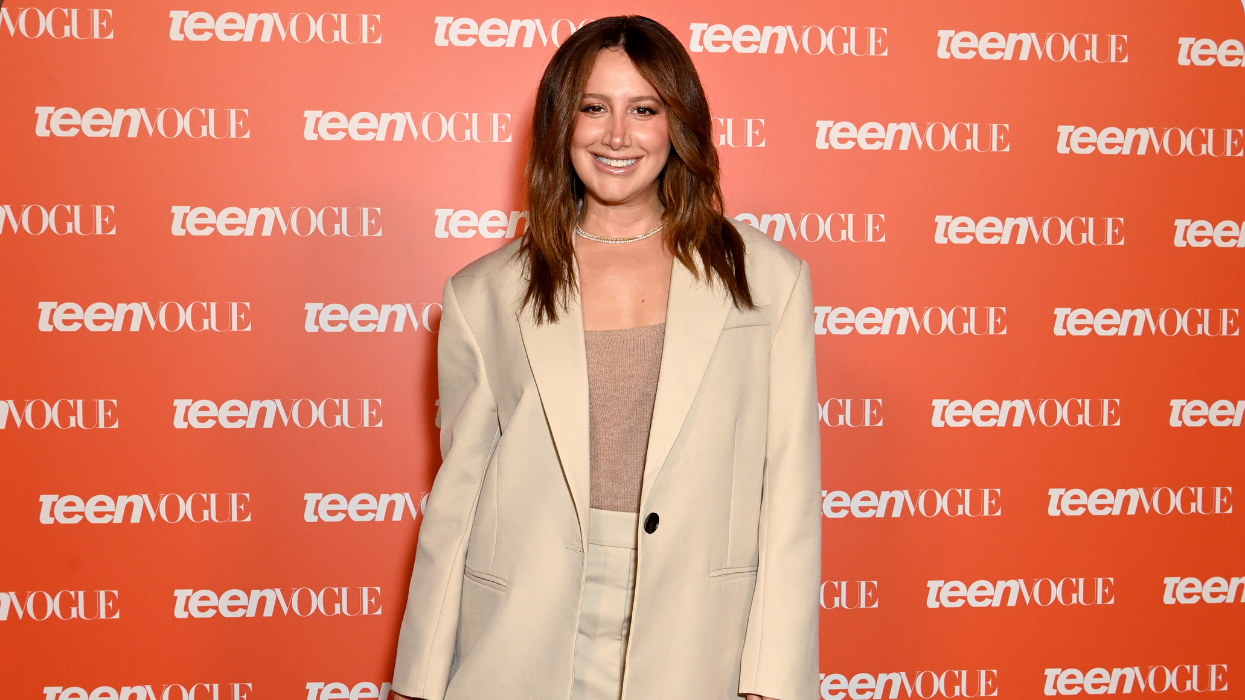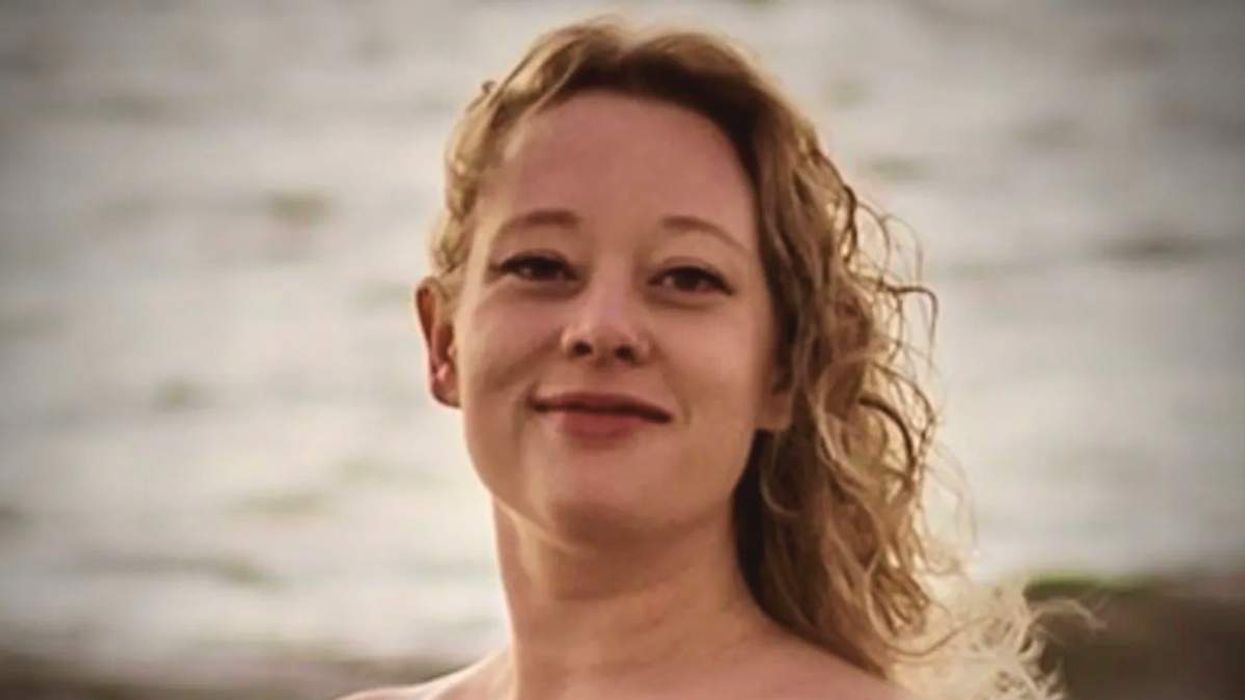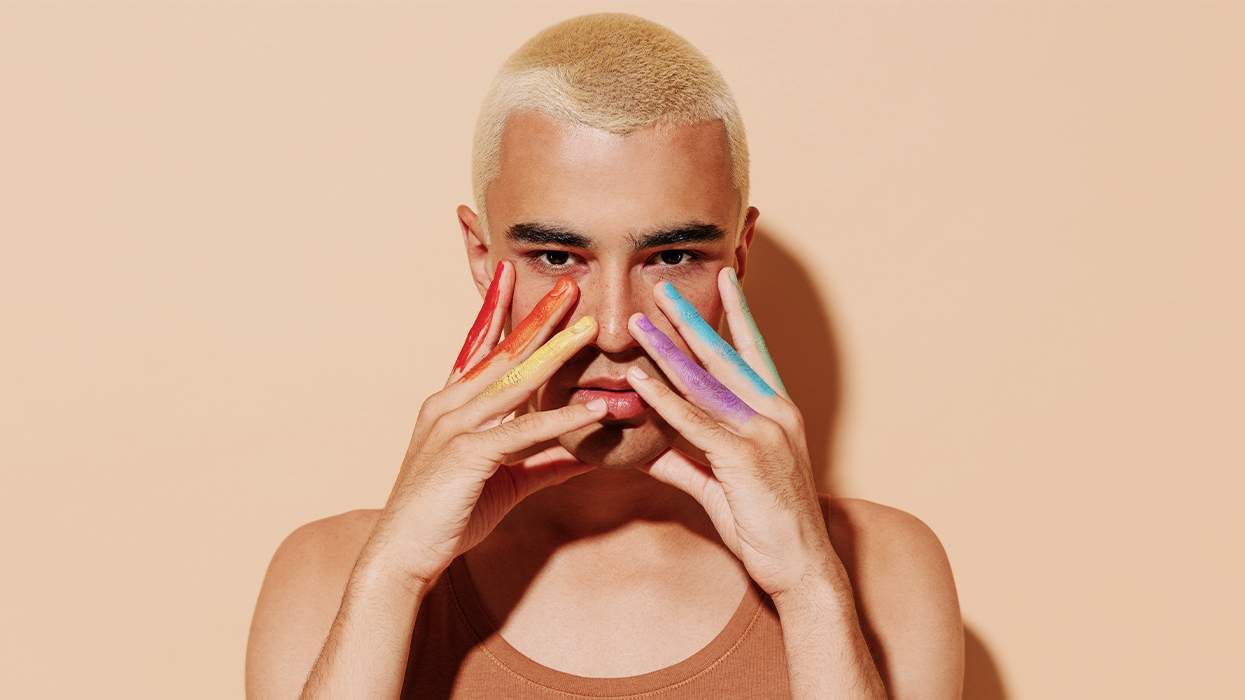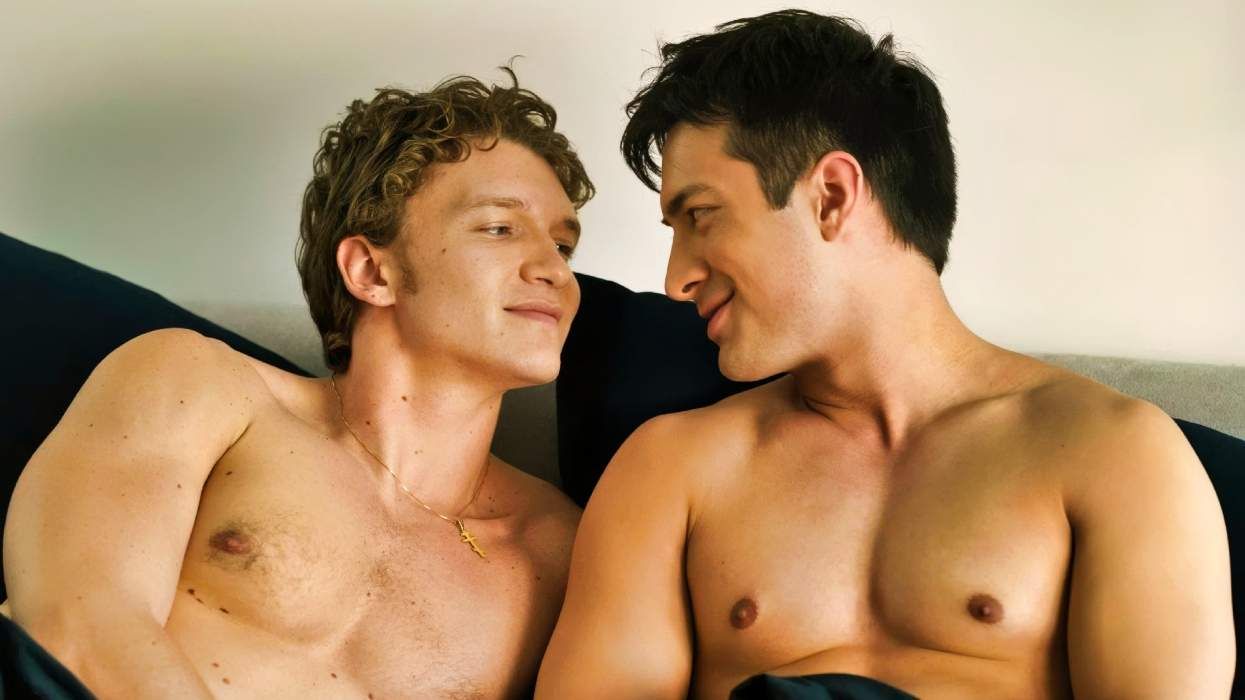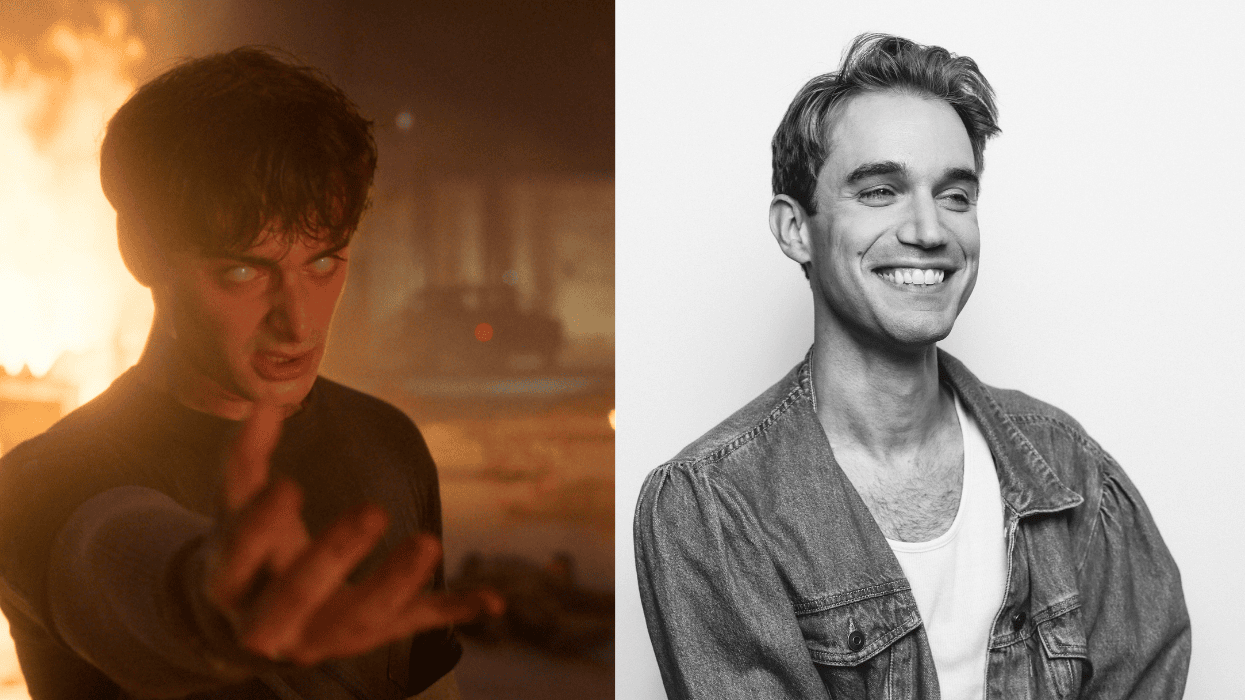Growing up in Somerset, NJ, I knew I wasn’t like the other children, especially young black children. For a long time, I didn’t see anyone who looked like me and loved computers and technology like I did. As a child, I grew up playing on computers, from using paint to manipulating Microsoft Word in ways that should, honestly, make them call me.
In 2017, I had just moved to South Florida and was looking for my Black, trans & tech-savvy community. An ad came across my Facebook, “TransTech Miami Orientation." At the time, I was working in the tech industry for corporate America and living a stealth/low-disclosure trans experience as one of two Black men in my department. Seeing Angelica Ross and Aryah Lester on the flyer was encouraging and empowering. They were the closest possible model of visible representation I'd ever seen. I instantly signed up.
At the orientation, Angelica Ross spoke about the organization and how she was a self-taught web and graphic designer. She mentioned needing volunteers to assist with the organization's graphics. As luck would have it, I had recently joined Alpha Omega Kappa Fraternity Inc, a fraternity for men of trans experience that required service hours where I would not need to disclose my transgender identity. A few weeks later, she emailed me with an idea: TransTech Summit.
In November of that same year, at the Groupon Headquarters in Chicago, with keynote speaker TS Madison, the first TransTech Summit happened. I assisted with setting up 11 iMacs to give away, presented my first session, managed social media, and supported the overall execution of the summit. That summit was the first time I was ever surrounded by over 50 other LGBTQ+ people interested in tech! Madison spoke about the value of “5 $20's”, if you could figure out how to make that and repeat - then you could sustain yourself financially. Little did I know this keynote would be the foundation for everything that would happen in my life. To say that TransTech Summit changed my life and gave me the affirmation I needed to accomplish any goal would be an understatement.
By 2019, I was laid off from corporate America. I started work as a freelancer and building my design firm when one of my contracts received was for the 1st National Trans Visibility March in Washington. I was still living low-disclosure, and only the lead organizers knew of my trans identity. As the director asked if I had suggestions on a speaker for the march, I instantly thought of my connection with Angelica Ross who, at the time, was working on Pose. When we finally spoke, Angelica’s first question was, “Are you doing better?” I gave her an update on my life, then about the march. She agreed to be the rally speaker as long as I returned to TransTech to help the organization with the summit. I knew what the first summit had done for me and wanted to pay it forward.
Up until 2020, the summit had been an in-person event. After switching to virtual, we were surprised to have people logging in from France, the United Kingdom, Australia, and the U.S. to be part of the summit. That year, we had 13 speaker submissions for the summit and hosted a 2-day virtual experience. That year I presented and volunteered with the production team on marketing. The TransTech Summit was held during Transgender Day of Remembrance to balance the grief and sadness with joy and visibility. It left a positive impact on the industry and our growing membership.
The following year, I accepted the Summit's Interim Executive Director position. As the organization's new leader, I made my first big decision— to move the date of the Summit. I wanted it to coincide with International Trans Day of Visibility. My goal was to move the summit from shadows of sadness and grief to a space of recognition and inspiration!
Additionally, we expanded the programming from our traditional two days to four days and extended the hours. With the addition of set tracks for certain subjects, in 2022 we hosted the 2nd fully virtual TransTech Summit, and I officially became the organization's Executive Director. Across four programming days, over 500 people from around the world attended the TransTech Summit. In 2023, we hosted over 1,000 people worldwide.
As we gear up for this year’s Summit, I'm excited to see how our membership and reach have grown over the past few years. At the first TransTech Summit, our membership was roughly 350. Now, our membership is approximately 6,000 strong, across 50 countries. Our focus is to highlight the expansiveness of employment in the tech industry, across the globe
The 2024 TransTech Summit, presented by JPMorgan Chase & Co., is set to redefine the landscape of workforce development and visibility in technology. From March 28th to March 31st, attendees can go 'Beyond The Code' with our fully immersive virtual experience via the TransTech app. Each day features a distinct theme aimed at empowering, educating, employing, and elevating our community members. The final day, coinciding with Trans Day of Visibility, includes engaging activities, including a pilates session; panel discussions; and a live recording of Angelica Ross's new NOW Podcast.
As an organization, we firmly believe that technology is not confined to coding; instead, we understand that it penetrates every facet of our lives and work. By helping marginalized communities recognize the transferable life skills, we strive to create equitable opportunities for all individuals, regardless of their background or identity.
The TransTech Summit stands apart as the only global, virtual technology conference by and for the QTBIPOC (Queer, Trans, Black, Indigenous, and People of Color) community. But we encourage everyone, regardless of identity, to attend the summit. We want to extend our invitation beyond just our immediate community. We need to include our allies and co-conspirators, now more than ever, who stand with us in the fight for equality and justice for all. Your voices and perspectives are crucial in pushing towards a more equitable future.
E.C. Pizarro III is the creative director of his design and brand management firm, 1Z2R, and the executive director of TransTech Social. Follow him on Instagram at @ec.the.third.
Have an inspiring personal story to tell? Want to share an opinion on an issue? Learn more by visiting out.com/submit.



